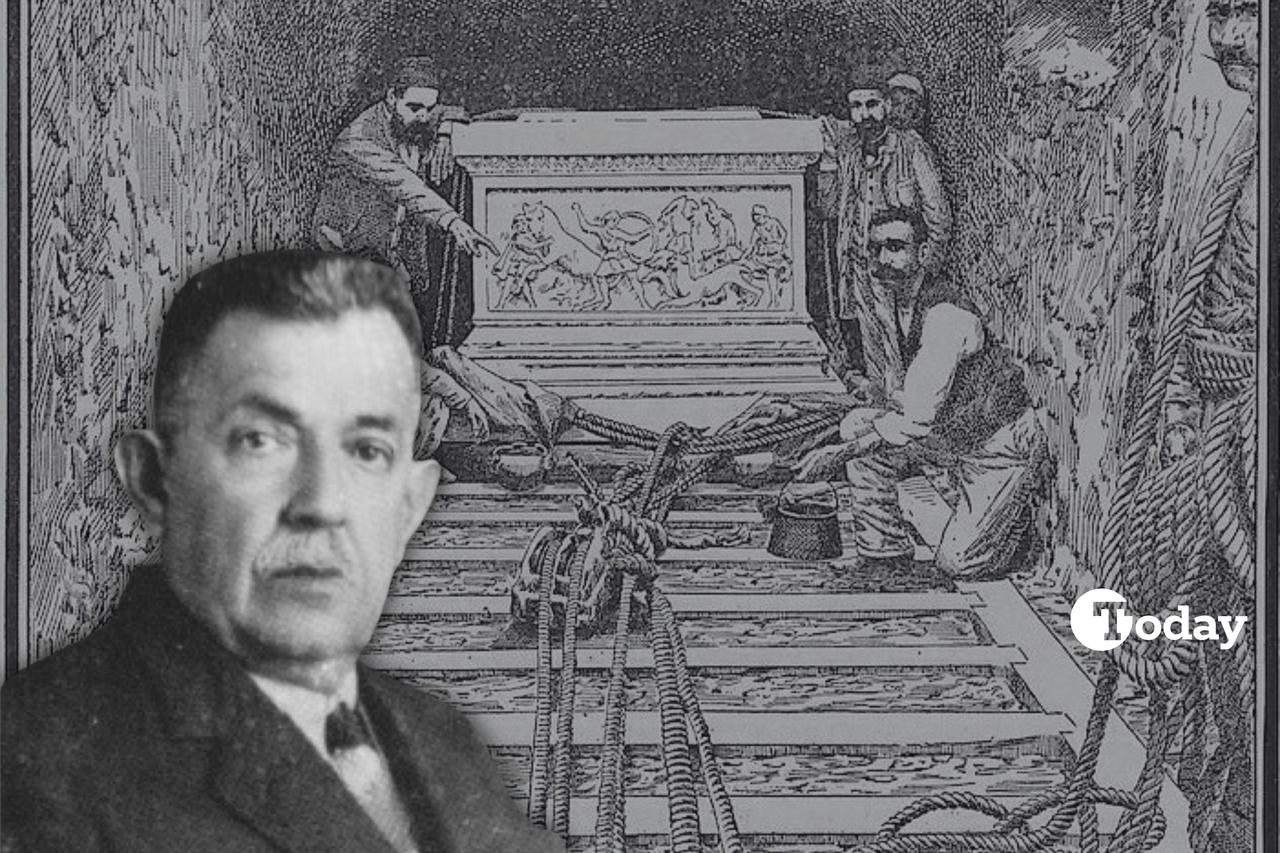
In the complex, layered histories of Türkiye and Greece, few figures illustrate the blurred boundaries of identity and knowledge transfer better than Theodore Macridy (1872–1940). An Ottoman Greek archaeologist and museologist, Macridy’s extraordinary career advanced archaeology and museology across the Ottoman Empire, modern Türkiye, and Greece—yet his contributions remain largely overlooked in both nations’ official histories.
Born in Istanbul’s historic Phanar district, Macridy was the son of a prominent Ottoman general, Constantine Macridy Pasha and received his education at elite institutions like the Phanar Greek High School and Galatasaray High School. These schools, particularly Galatasaray, were incubators for a secular Ottoman identity that aimed to bridge ethnic and religious divides.
Macridy entered public service through the Imperial Museum of the Ottoman Empire in 1892 and quickly rose through its ranks. His work took him across the empire—from Sidon to Bogazkoy—where he collaborated with leading archaeologists and supervised major excavations, who conducted the first excavations of the Hittite capital, Hattusha.
Though he worked alongside iconic names like Osman Hamdi Bey and Halil Edhem, Macridy’s heritage and secular orientation excluded him from nationalist narratives. Neither Turkish nor Greek historiography embraced him. His cosmopolitan, non-nationalist identity rendered him invisible in historical discourse despite his towering influence.
Macridy’s contributions also challenge conventional colonial science models. He wasn’t educated in Western Europe, didn’t act on behalf of any colonial mission, and avoided aligning with nationalist ideologies. Instead, he embraced a trans-imperial professionalism rooted in Ottoman civic values and practical scholarship.
Macridy played a central role in safeguarding and cataloging thousands of artifacts across Anatolia. His logistical expertise in transporting ancient sarcophagi from Sidon to Istanbul contributed to the rise of the Imperial Ottoman Museum as a world-class institution. His dedication led him to remote sites like Hattusa, where he participated in the discovery of the Hittite-Egyptian Kadesh Treaty tablets—critical for deciphering the Hittite language.
During the early Turkish Republic, he advised on museum planning in Ankara and advocated for the preservation of the country's ancient heritage. His reports emphasized the symbolic power of monuments in urban identity and foresaw the creation of what would become the Museum of Anatolian Civilizations.
In 1930, following improved Turkish-Greek relations, Macridy accepted a position as the founding director of the Benaki Museum in Athens. Tasked with curating a vast and eclectic collection, he transformed the museum into a model institution of global museology. His catalogues—published in English, French, German, and Greek—reflected both scholarly rigor and a commitment to accessibility.
Despite these achievements, Macridy remained on the periphery of both nations' cultural memory. He died in Istanbul in 1940, his funeral attended by representatives from the Turkish Ministry of Education and Istanbul's cultural elite, a quiet tribute to a man whose life defied boundaries.